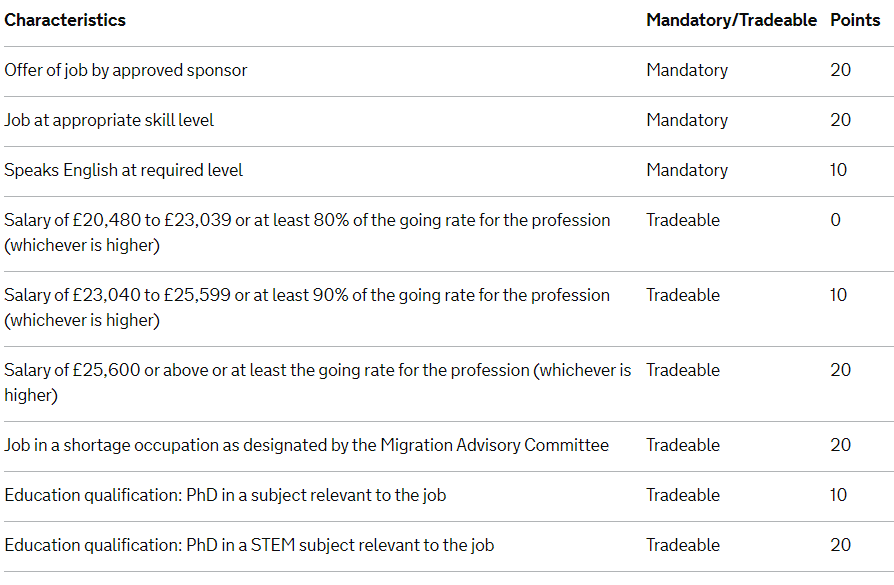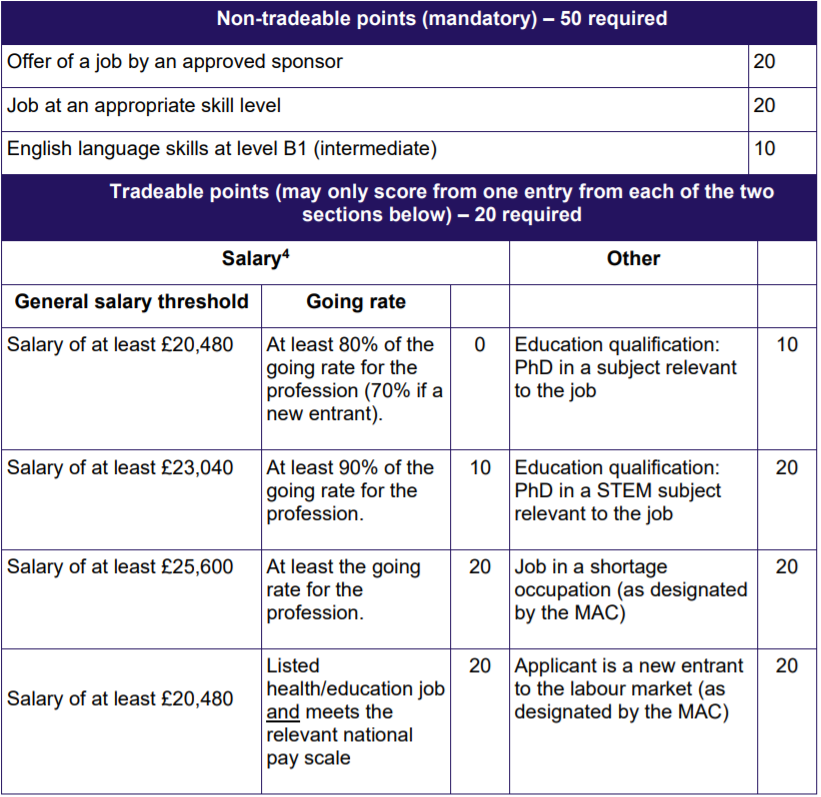Domestic abuse is an incredibly serious crime which often goes unreported and unnoticed, leaving police data on such crimes only accounting for a small part of a larger issue. While recent data does show that domestic abuse is on the rise, it is difficult to say for certain that the rise is directly related to COVID-19. However, many factors of the pandemic, specifically the national lockdowns, will have a role to play in the ever growing number of domestic abuses cases being reported.
In order to protect the confidentiality of the domestic victims, the Designated Family Judges for Essex and Suffolk, Norfolk, Cambridgeshire, Buckinghamshire, Bedfordshire, Hertfordshire, Surrey, Sussex, Kent, East and Central London have recently agreed to a new protocol in dealing with domestic abuse cases.
The protocol is devised to protect the victims’ confidential information like their locations, which can be a major issue in domestic abuse cases where the victim has managed to find an alternative location to stay.
It is hoped that this new protocol, along with an increase in social awareness around domestic abuse, should provide extra protection to the victims of such crime.
What is domestic abuse?
Most readers will know already that domestic abuse is abusive behaviour from a family member, partner ex-partner, or someone the victim lives with. Some examples of domestic abuse are as follows:
- physical or sexual abuse
- psychological or emotional abuse
- violent or threatening behaviours
- coercive behaviour – for example, humiliation or intimidation
- controlling behaviour – this may be making someone feel less important or dependent on the abuser
- ‘economic abuse’ – this includes controlling someone finance or possessions

The key factors of the new protocol are as followed
- victims applying for an urgent order under the Family Law Act 1996 (FLA 1996) will be entitled to go to any court, for example, the first available judge of the family court.
- a victim for an order under the FLA 1996 and the Children Act 1989 may be residing in an area unknown to the respondent, meaning they wish to apply in a court in a different area to maintain that confidentiality and their safety.
- the courts in the South East and London will assist any victim with good reason to apply in their court of choice and will not encourage or direct that the applications should be issued in or transferred to the local court.
- where a victim claims confidentiality before issuing their application, the court shall confirm with the victim their choice of court and note the file to avoid any unnecessary transfers to any other courts.
- where confidentiality is claimed by any party, the court will not transfer the case to another court without first receiving a formal application for transfer (Form C2) which has been served on all of the relevant parties.
Initial thoughts on the protocol
It appears that the protocol should be able to provide some victims of domestic abuse some peace of mind that the location of the court will not allow the respondent to narrow down their location. The Courts and their officers and judges are under duty to do whatever they can to support such victims.
Another positive is that it addresses potential administration issues, where cases may be passed on to other courts, or where applicants may not be notified about any changes of location. It is good to see that the new protocol takes into account this basic but essential administrative procedure, to ensure that the applicant is not put in an unexpected situation.
While it appears that this protocol is currently in use within London and the South East of England, we would hope that the rest of the country adopts it, depending on its success.

We are here to help victims of domestic abuse!
Here at Lisa’s Law, our door is always open to people looking for legal support in any situation, we will always endeavour to get the result you want and will do everything in our power to make sure our clients feel safe and looked after by the powers invested in the law. There is support out there and we urge anyone who finds themselves at the hands of an abuser to use it.
In the meantime, we are operating as usual, and you can reach us on 020 7928 0276 or email in to info@lisaslaw.co.uk for any questions you may have on this topic.
Or, why not download our free app today? You can launch a new enquiry, scan over documents and much more.
If you have an iPhone, follow this link to download.
If you use an Android phone, follow this link to download.
Find the link here if you need some further instructions on how to use our new app!






































































